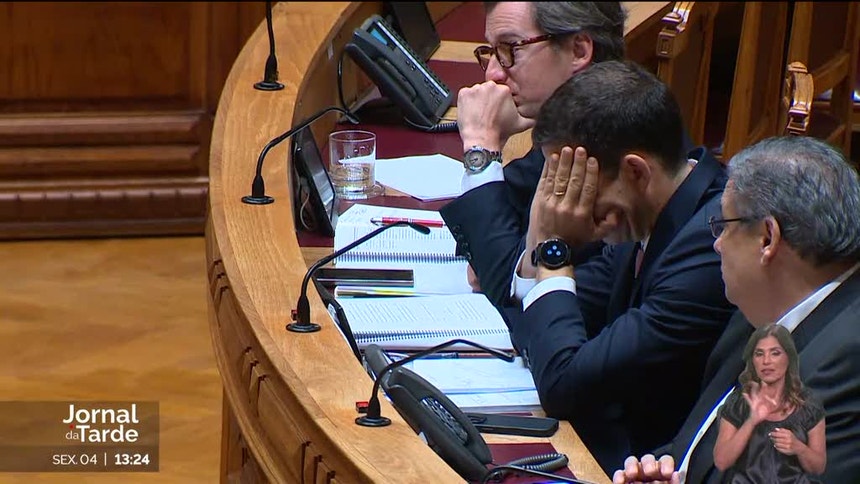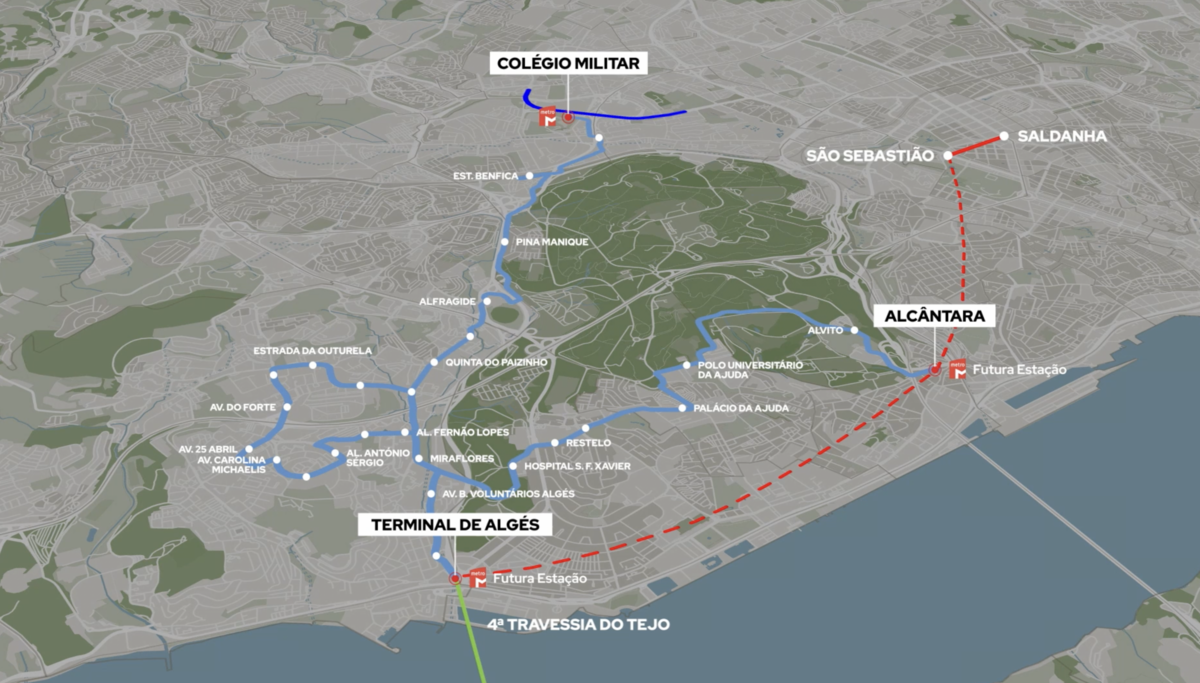The Portuguese government has proposed significant changes to the Nationality Law, aiming to streamline the process and introduce stricter criteria for naturalization. These proposals are set to bypass a detailed voting process, moving directly to specialized discussion, a move initially suggested by the Socialist Party but met with resistance from the PSD.
Key changes include:
- Introduction of residency requirements for nationality: 7 years for citizens from Lusophone countries and 10 years for others.
- Barring naturalization for immigrants with effective prison sentences and revoking nationality for naturalized citizens convicted of serious crimes within a certain timeframe.
- Creation of a National Unit for Foreigners and Borders within the PSP to oversee immigration matters.
Political reactions have been mixed, with the PS advocating for a swift move to specialized discussion to avoid legal uncertainty, while the PSD insists on immediate party positions due to the priority of immigration regulation.

In parallel, the government is pushing forward with a 500 million euro reduction in IRS, targeting this year's taxpayer incomes, amidst discussions on various tax-related proposals from other parties.
The Chega party has proposed additional stringent measures, including language proficiency tests and extended periods before nationality can be revoked, sparking a constitutional debate. The Minister of the Presidency emphasized that any changes must adhere to constitutional limits, warning against automatic loss of nationality for serious crimes as unconstitutional.
This legislative push reflects a broader shift in Portugal's approach to nationality and immigration, balancing stricter controls with constitutional safeguards.

































Comments
Join Our Community
Sign up to share your thoughts, engage with others, and become part of our growing community.
No comments yet
Be the first to share your thoughts and start the conversation!